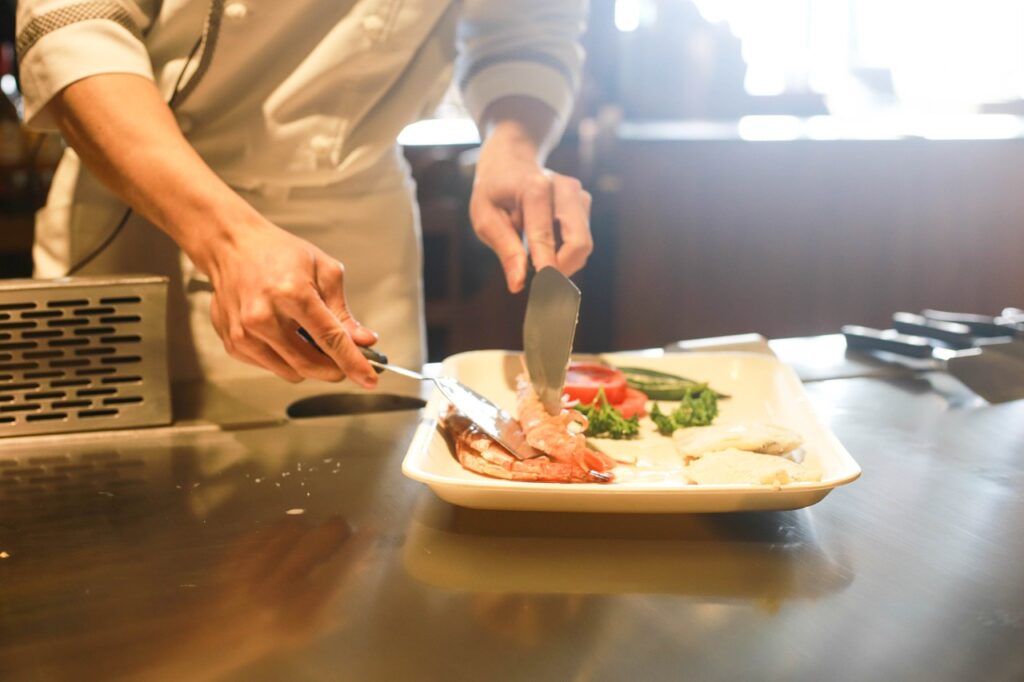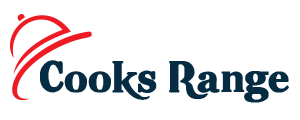
If your food business handles and/or processes foods of animal origin, it may require approval from the relevant competent authority. This approval process takes into account a range of factors, including plans, premises design and layout, waste management, processes, HACCP procedures, products, and throughput, among others. It is essential to understand the approval process and contact your competent authority for advice as early as possible in your business development.
Which Businesses Require Approval? A Quick Guide
Businesses that typically require approval include slaughterhouses, meat processors, meat product manufacturers, egg producers, producers of dairy products, fish processors, and producers of processed fishery products. If your food business falls into any of these categories, it is essential to contact your competent authority for advice and guidance on the approval process.
How to Get Details on the Relevant Competent Authority
Getting details on the relevant competent authority for your food business is a critical first step in the approval process. Your competent authority can offer advice and provide details on the approval process, including plans, premises design and layout, waste management, processes, HACCP procedures, products, and throughput, among others. Contacting your competent authority at the earliest stage of your business development is advisable to ensure a smooth approval process.
What Happens After Your Business Gets Approval?
Once your food business receives approval, it is assigned a unique approval number. This number appears on the health mark stamped on the carcass or cut of meat after slaughter or on any product packaging or labels as an identification mark. This unique number helps to ensure traceability and accountability throughout the food production and supply chain.
The Importance of Compliance for Food Businesses
Compliance with food safety and hygiene regulations is critical for any food business, particularly those handling and processing foods of animal origin. Failure to comply can result in fines, legal action, and damage to your business’s reputation. By understanding the approval process and working closely with your competent authority, you can ensure that your food business operates safely, legally, and with the highest levels of quality and hygiene.



